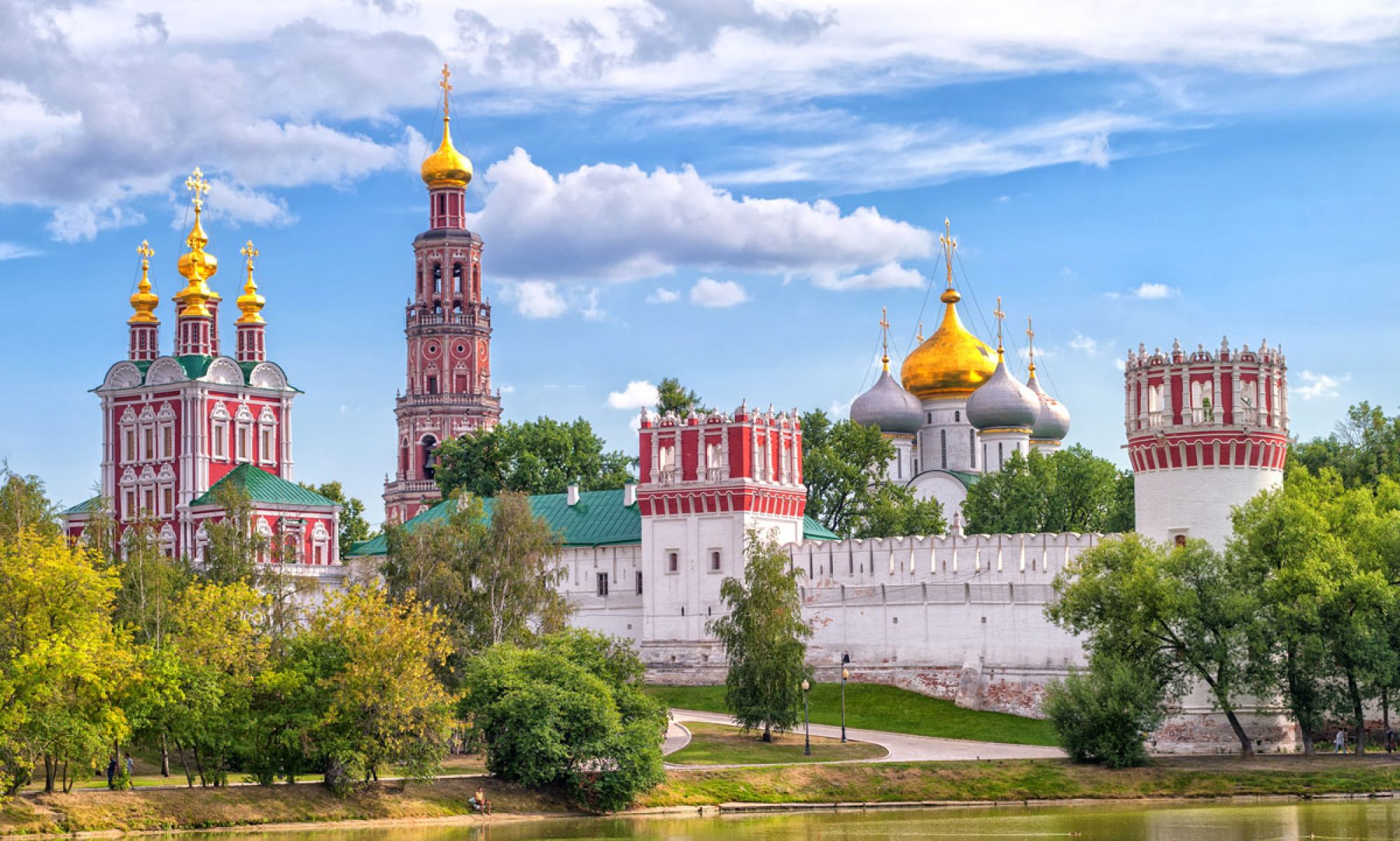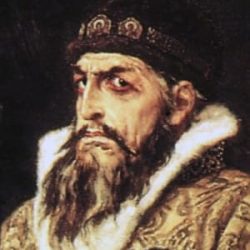The Life in Russian Serfdom is a first hand translated account of what life was like for a serf. This first section focuses on village life, followed by his grandfather’s leadership and then his childhood. What is clear here is that this was an “upper class” serf family, for lack of a better term. His village home was made of bricks, not wood like others and there were multiple rooms. It is established as a very nice house for a serf to own. The village of Velikoe saw fairly independent serfdom. Owned by three different lords in this time there are the ones who ignore the serfs, those who are passive and those who are more strict. This allows for Purlevskii to draw his own conclusion about what sort of Lord he wants in control. It was a village full of craftsmen and traders rather than an a village focused on the agricultural outlet. This led to an overall improvement on the day to day life of a serf. In this section it discusses the passivity of the Lord over Velikoe. He leaves the serfs to their own devices except for their taxes and sending a certain number of people to work for the estate. Savva’s grandfather is not only elected by the serfs to be the bailiff (tax collector) but proceeded to make a small loan system to help fellow serfs improve their abilities, crafts and their trading opportunities in and among themselves. This developed into a town or city not unlike many others in this time with the exception that everyone inside the city is not free. There is another abnormal system, education. Savva’s father has enough money to pay a priest at the church to educate his son and it is revealed that he, himself has some basic education. This was not a common trait describing serfs. Most were left uneducated so that they could not rise or revolt. What this section presents in an antithesis to most modern serf narratives, these people had no freedom, that is true, however they were fairly independent and some became wealth within their social parameters.
Focusing on the third chapter, there are detailing and expounding upon what a day in the life of a child in serfdom. The chapter discusses in more detail what the village life was like, the impact his grandfather had on the village and the family as well as how Purlevskii grew up. This section allows for a more detailed understanding of how children were raised, educated and cared for during this time giving a glimpse into the inner workings of the serf family structure of this time. Savva Dmitrievich Purlevskii was born in January 5, 1800 to a father who was an accountant just like his grandfather, name Dmitrii and a mother name Dar’ia, his childhood was like any other every other childhood, playing pranks and getting into trouble with other children at his village, his father came off as a strict man towards Purlevskii when he plays pranks and become mischievous when is comes to playing as a kid. When his parents went away for the “Day of the Advent of the Holy Spirit,” he discovered a sack of coins under his father’s bed which was dated during the reign of Catherine the Great and stole some of the coins to show it to his friends. When his parents come back from “The Day of the Advent of the Holy Spirit” his father finds out that the bag of coins have been untied and two are missing, he furiously confronted Savva of taking the coins and he confessed he took the coins to show it to his friends, his punishment was to bow several times to an icon. At the age of 7-years-old his aunt came to visit him on his 7th birthday and used to tell him fairytale stories to him, which he begins to start reading and writing which he became interested in, later on his father found out he started to read and happily took his son to Yaroslavl for books, which included ABC practice books, later on he was good at pronouncing the letters in Russian dialogue while studying with his father. Savva’s weakest point in studying would be putting the letters in a whole word and putting them into a sentence which his father would make him write something in a sentence, if he didn’t do it well he would get in big trouble. Later on Purlevskii later on collected Russian fairytale stories and tells it to his family. For this conclusion to this summary Savva Dmitrievich Pulevskii childhood memory he mentions that he admires his father’s learning and understanding as a father.
Discussion Questions:
- We see three owners of Purlevskii and his community. Some of them ignore them, some are strict and others are passive as long as the taxes get paid. What does it say about the Lord of the region by allowing his Serfs to elect their own bailiff? Could this be beneficial or detrimental? Why?
- In the “My Grandfather” Chapter, we see the establishment of a functioning trade and self-government system. Petr Petrovich even establishes a loan system to allow serfs to invest in a business and fill the village square. How do we see the Lord of the land reaping the benefits of this? How might this serf improvement, improve his economic and social standing?
- Where do we see differences in what we have learned about agricultural serfdom versus what serf life was explained as in this passage? How about from the factory serfdom? What are the advantages or disadvantages of each of these systems?
- It is clear throughout the chapters that the Purlevskii family is not a normal serf family. They have a stone house and have nice material objects and money. How do we see a social divide within the Serfdom system exemplified by the texts? Look particularly at Purlevskii’s education (pgs 54-55) and the standing of the Purlevskii family home (pg 59)
- When men and women are commanded to go to the house to serve the master, we are reminded that the Serfs are not free. Further, this is a rather shocking event to a reader however Savva treats it very calmly, as more of an inconvenience. Where do we see the education of children about their social class as serfs? Should it have been more explicit?
- Why did the economy not recognize the powerful possibilities of treating the serfs like human beings?
- What does the word Schism mean? Where have we seen this before and how is it detrimental to the Serf society?
- Why did Purlesvskii steal from his father’s coins that were given to his grandfather ?
- Why does Purlesvskii father disapprove his son not collecting fairy tale?
- What made Dmitrievich get into reading and writing?


Commenting on question 4, Purlevskii’s family would have social gatherings with noble families at their house. The ability to host these gatherings and communicate with the gentry initiates a sort of bond between classes. This may question the long-held beliefs that serfs are endowed with the gentry’s authority and their need to be bridled because of their inherent chaotic and disobedient nature.
Also, we see Savva’s childhood education and his desire to learn to read and write under his father’s encouragement. This allows him to obtain jobs that helped him greatly, otherwise he would have not had the opportunity without being literate. This foreshadows the importance of education in history; especially in lower classes and institutions such as serfdom.